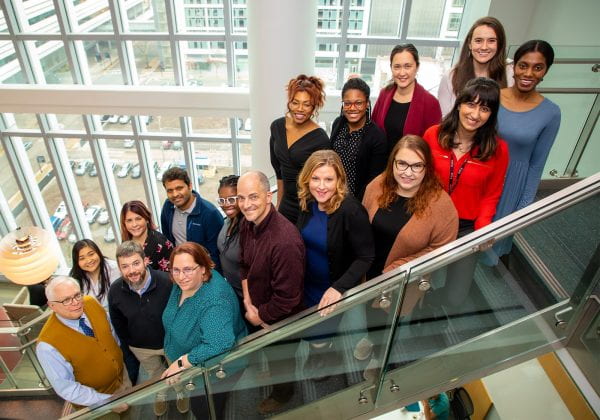


Precision Genetics for Type 1 Diabetes
Type 1 diabetes (T1D) affects around 5-10% of people with diabetes and is usually diagnosed in children but can develop at any age. T1D is caused by insulin deficiency resulting from immune-mediated destruction of pancreatic beta cells. The development of T1D involves the innate and adaptive arms of the immune system influenced by genetic and environmental factors. Recent insights into the genetics of human T1D have come from studies of rare monogenic disorders. For example, T1D is a frequent feature in patients with mutations in AIRE, FOXP3 and STAT1. Recent studies suggest that T1D patients with certain mutations may be able to have their disease reversed with targeted therapy. Our study will accelerate this precision medicine approach to T1D by identifying mutations that drive T1D.
How to Participate
The University of California San Francisco (UCSF) and the University of Chicago (UC) have partnered together to learn more about the genetic causes of type 1 diabetes (T1D). For this study, we are looking for people who have T1D and other features that suggest a strong underlying genetic cause to their disease:
- Families with two or more people with T1D, with or without other immune disorders
- Individuals with T1D and multiple other autoimmune or inflammatory conditions. Examples of other conditions may include (but are not limited to):
- Rheumatoid arthritis
- Systemic lupus erythematosus (Lupus)
- Inflammatory bowel disease (IBD)
- Multiple sclerosis (MS)
- Psoriasis
- Guillain-Barre syndrome
- Vitiligo
- Hypo- or hyperthyroidism
- Mixed connective tissue disease
If you would like to participate, please complete a secure registration form linked below. One of our team members will be in touch with you soon to schedule a screening phone call.


